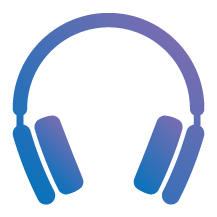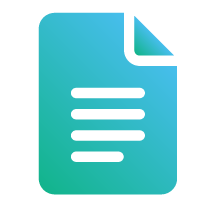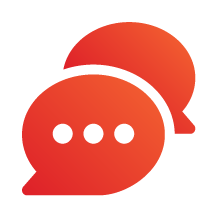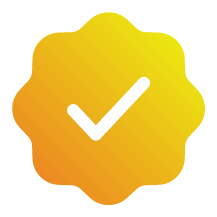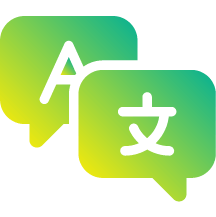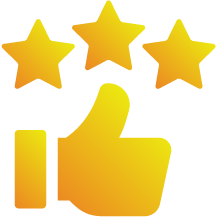TEACHERS
Ken James
TOPIC
Jungian Psychology
Format
4 Class Course
DURATION
6 hours
Payment options: Credit Card or PayPal.
Meet the images moving your soul
Dr. Kenneth James is a senior Jungian analyst and treasured teacher.
In this course, Ken James teaches the technique of active imagination. Active Imagination is a profound method developed by Carl Jung, the Swiss psychiatrist. It invites us into the depths of our unconscious mind, offering a way to explore the rich landscape of our psyche.
Jungian psychology sees the psyche as a vast and intricate world, filled with dream images, emotions, and archetypes. Through Active Imagination, our conscious mind meets the unconscious, engaging in a dialogue that can lead to deep transformation.
Carl Jung believed that the unconscious mind is not just a repository of repressed material but a dynamic source of creativity and wisdom. When we engage in Active Imagination, we open the door to this inner world, allowing the healing and creative unconscious content to surface and be integrated into our consciousness.
Ken James helps us choose the right material and the best methods to initiate and sustain active imagination sessions.
Join Ken to spot, track and nourish the images moving through you, the images that shape you.
